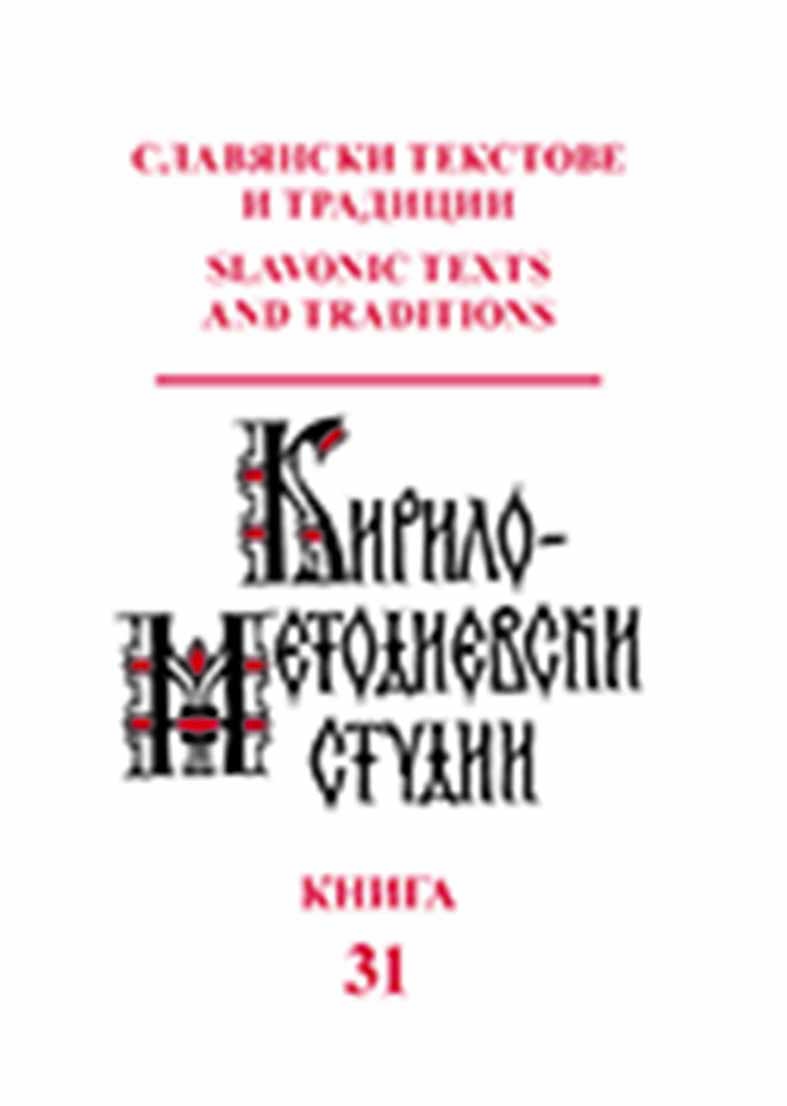Faithful Translators or Obfuscators? Chapter 13 of the Vita Constantini and Perceptions of Learned Men in Middle Byzantium
Faithful Translators or Obfuscators? Chapter 13 of the Vita Constantini and Perceptions of Learned Men in Middle Byzantium
Author(s): Mirela IvanovaSubject(s): Language studies, Language and Literature Studies
Published by: Кирило-Методиевски научен център при Българска академия на науките
Keywords: Constantine-Cyril; Byzantium; Photios; Patriarch Methodios; education; translation.
Summary/Abstract: This article offers a brief assessment of the vast literature on Chapter 13 of the Vita Constantini, before offering a new reading of the text, expanding on the work of Picchio and Ševčenko. This new reading starts by contextualising the Chalice story within the VC, and its wider cycle of education and suggests that the deciphering of the Chalice contributes to the wider argument of the VC that learning is helpful to the advancement of Christian faith. The article then places this portrayal of deciphering by a learned man in a wider Byzantine intellectual context. It shows that the perception of intellectuals and their knowledge was contested in Byzantium. Two positions – considering them faithful translators or fraudulent obfuscators – existed in the late ninth and early tenth century, and I argue that the author of the VC was aware of this debate and sought to position Cyril carefully, as both as a philosopher but also a pious Christian, by not associating him too closely with the contested Patriarch Photios.
Journal: Кирило-Методиевски студии
- Issue Year: 2021
- Issue No: 31
- Page Range: 169-182
- Page Count: 14
- Language: English
- Content File-PDF

